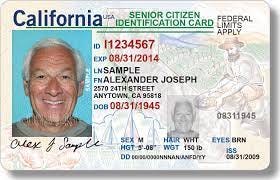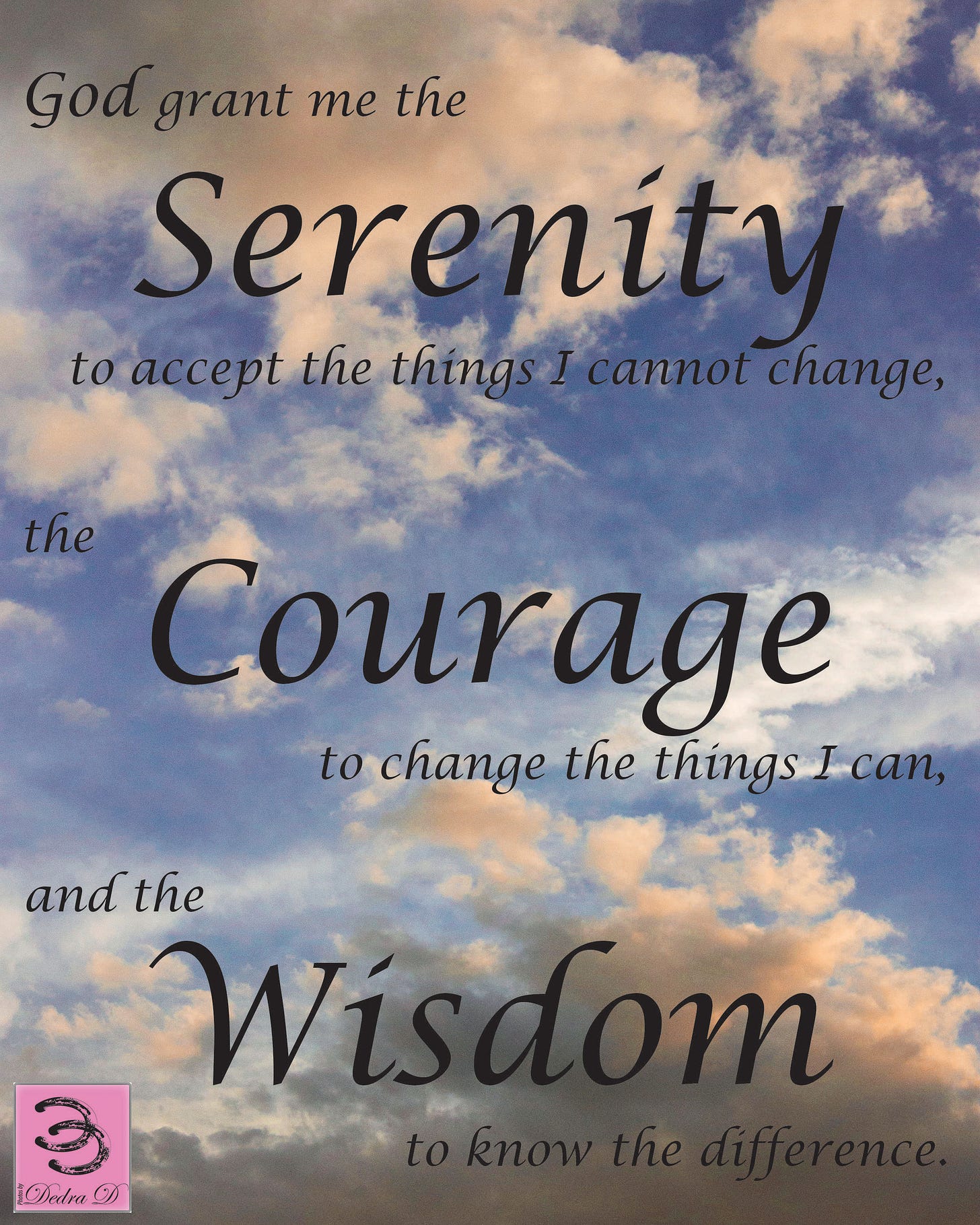Retired From Driving
#55 The Dilemma

Driving is typically a source of freedom and independence. But over time, physical and mental changes can make it unsafe for a person to operate a car. My husband had dementia and refused to acknowledge that he shouldn’t drive. We had to disable the key fob so he couldn’t slip out.
Driving a car was never my favorite thing to do. But I did, for 60 years, and had every intention of renewing my driver’s license. I studied for the written test, found the closest DMV, and was prepared - but opted for the senior citizen ID card instead.
There were many reasons for that decision: age, consequences of eye surgery, anxiety, and lack of confidence. I even bought a smaller car, but that didn’t ease the stress or change the facts.
Factors such as decreased vision, impaired hearing, slower motor reflexes, and worsening health conditions can become a problem as a person gets older. According to AARP, there are several warning signs. Signs that it’s time to put on the brakes. They include:
Driving too fast or too slow for road conditions
Frequent dings, dents, and scrapes on the car
Delayed response to unexpected situations
Getting lost, especially in familiar locations
Becoming distracted or having difficulty concentrating
Having difficulty moving into or maintaining the correct lane of traffic
Hitting curbs when making right turns or backing up
Having frequent close calls
Aging can reduce strength, coordination, and flexibility, impacting a person’s ability to safely control a car. Neck pain or stiffness may make it difficult to look over one’s shoulder when changing lanes. Leg pain can cause problems moving the foot from the gas to the brake pedal. Diminished arm strength can make it hard to turn the steering wheel quickly and effectively. The reaction time may slow down, and the ability to effectively divide one’s attention between multiple activities can be affected.
As award-winning actor Alan Alda says
The longer we live, the more we have to adjust - things may start to rust and fall off.
Adapt. Adjust. Revise. It's the secret of life. It applies to evolution, new technology, and old bodies.
The facts were that I was driving too slowly, had trouble looking over my shoulder when changing lanes, and couldn’t see the right curb.
So, after talking with others, I made that big decision!!!! Their point was that they would rather take me places and keep you safe.
What a relief! I don’t have to buy gas, especially with gas costing over $5 a gallon, and pay for car repairs, insurance, or license plates. There was no more fear of going places because I had to drive. Those are stress-relievers.
Yet, not driving is a sadness and a loss - a reminder that I’m older and can’t or shouldn’t do things I did with ease for years. My goal is to be independent and as self-sufficient as possible. To have someone else drive me places feels as if some of that independence and self-sufficiency are gone.
The good news: I live close to services, stores, and restaurants, so I walk - that’s a plus. Family members graciously take me places. I have other options to explore, such as Uber, taxis, and public transportation. However, the cost is high, and I don’t necessarily trust those services.
Once again, acceptance plays a role. Acceptance that inevitable changes and limitations occur as one ages. The serenity prayer offers guidance.
ATTEMPTS TO SOLVE THE DILEMMA
As I decided to retire from driving, the suggestions in the INC article, How to Accept, Your Life and Your Reality, played a role.
I had to honestly acknowledge that it was best for me not to drive, that I am getting older, and that fear plays a significant role in my decisions – like not checking out other options.
I focus on how best to live my life now, look for ways to appreciate and support people willing to take me places, make it as easy as possible by being on time and prepared, and contributing. For example, my daughter took me to pick up the tax paperwork, and I took her to lunch. That seemed to work, but feelings of guilt remain about having to depend on someone else to help me take care of my business.
The bottom line may be to a) give myself permission to relinquish some self-sufficiency because it is in my best interest to do so if I want to age well, and b) focus on what I can do and contribute given my reality.




I'm still holding out hope for totally automated cars that will make driving and aging irrelevant
I’ve never thought about the many changes that could impair driving as time progresses. Good read.